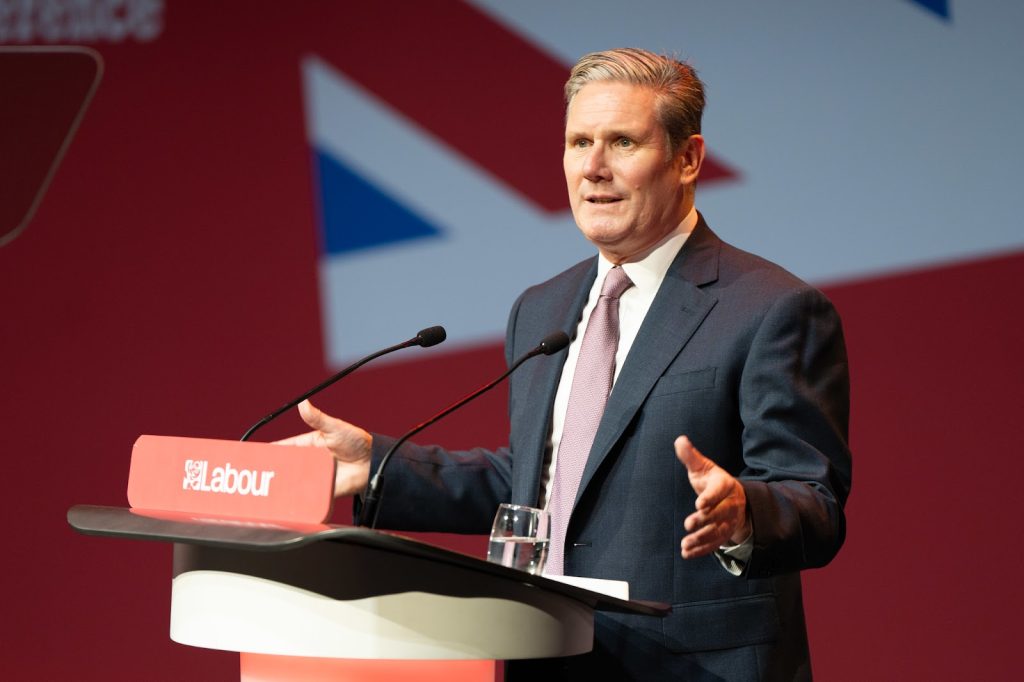
Keir Starmer may be the presumptive PM, but where’s the vision?
By Madelaine Gray
The polls show it, the pundits are promising it, and everyone with an interest in politics across the country is holding their breath in anticipation (whether joyful or despairing) for the next general election. It is pretty much undeniable that Labour will win at the next nationwide polling day. Trust in politics across the spectrum is crumbling, but the Conservative Party has internal schisms so large it seems unfathomable that they could cross the post to win another majority. After thirteen years in power, and five prime ministers to boot, an inevitable Labour generation (or era, perhaps, depending on the party’s longevity in power) is coming.
I’m a member of the Labour Party, and I look forward to seeing what they could do with a decade in power – but in some ways, that’s the issue. I don’t know what they could do, because Labour is not building a cohesive vision for the future of Britain into the 2030s.
It’s not 1997 – and in my opinion, it’s unlikely that Labour will achieve such a landslide as they did under Tony Blair. Despite Starmer’s modelling himself in many ways on the former leader, there’s a lot that’s different. The political climate, for one, is objectively more polarised, more unforgiving, more vicious. Starmer can cast himself as the decisive face of the party (just take a look at the cover of the 2023 party conference programme), but he’s not such a commanding – or charismatic – figure as Blair was. Those on the left of the party see him as a Tory in red, those on the right see him as bowing unfavourably to the progressive wing. Starmer finds himself caught in the “culture wars”, and it’s almost impossible to discern his platform on many issues. The Conservative party may be divided, but Labour has spent its time in opposition waging an internal battle between old and New Labour principles, and Starmer is the figurehead for this. He doesn’t want to seem to forget the near fifteen years of development from New Labour, nor does he seem to want to bring Labour back to its original socialist and deeply trade union rooted principles.
I am reasonably well informed about politics, and yet I struggle to understand what sort of policies will be implemented in Labour’s first term, let alone any following that. The Fabian Society (a socialist organisation that primarily operates as a think tank affiliated with the Labour Party) have centred their autumn journal on what Britain could look like in 2037, after thirteen years of Labour achievement after a successful general election win. Their vision is sparkling, drawing together sections from MPs, professionals, and political operatives on various policy areas. It serves, in many ways, as a de facto manifesto. It excites me and interests me deeply; if only Keir Starmer’s Labour made me feel the same.
